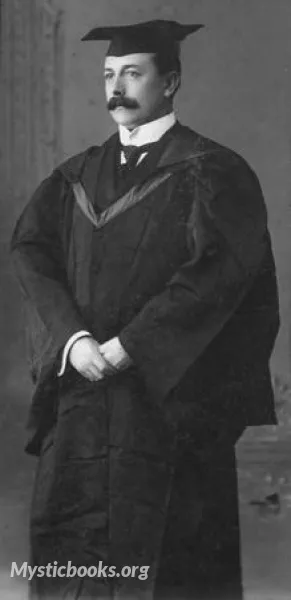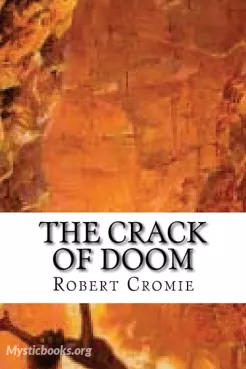
Timeline
Title
Country/Nationality
Robert Cromie
Introduction:
Robert Cromie (1855–1907) was a distinguished Northern Irish journalist and novelist who left an indelible mark on the literary world. Renowned for his imaginative storytelling and insightful commentary, Cromie's works captivated readers and continue to inspire generations. This essay will delve into the life, principles, notable works, philosophy, and legacy of Robert Cromie, shedding light on the remarkable contributions he made to literature.
Who was Robert Cromie?
Robert Cromie was a talented writer born in Northern Ireland in 1855. His early years were spent honing his skills as a journalist, and he soon established himself as a respected voice in the field. Cromie possessed a keen understanding of social issues and an ability to weave compelling narratives, which earned him a dedicated readership.
Principles and Philosophy:
Cromie was driven by a deep commitment to capturing the human condition and shedding light on societal challenges. His works often explored themes of morality, the consequences of scientific advancements, and the impact of industrialization on society. Through his storytelling, Cromie sought to provoke thoughtful reflection and encourage readers to consider the ethical implications of progress.
Notable Works:
One of Cromie's most notable works is his 1895 novel, The Crack of Doom. This groundbreaking book holds a special place in literary history as it contains the first description of an atomic explosion. The novel's visionary depiction of such a catastrophic event showcased Cromie's ability to incorporate scientific concepts into his storytelling, foreshadowing future developments in the field of atomic energy.
Cromie's other notable works include A Plunge into Space (1890), a science fiction novel exploring the possibilities of space travel, and The Next Crusade (1896), which delves into the theme of religious conflict and its impact on society. These works, among others, solidified Cromie's reputation as a versatile writer who deftly merged science, social commentary, and imaginative storytelling.
Legacy and Remembrance:
Robert Cromie's untimely death in 1907 at the age of 52 left a void in the literary world. However, his contributions continue to be celebrated and remembered. His groundbreaking novel, The Crack of Doom, secured his place in history as a visionary author who anticipated the destructive power of atomic energy long before its realization.
Cromie's ability to explore moral dilemmas and societal issues through his writing has ensured that his works remain relevant and thought-provoking to this day. He is remembered for his keen insight into human nature, his thoughtfully crafted narratives, and his pioneering approach to incorporating scientific concepts into fiction.
Interesting Facts: Apart from his literary pursuits, Robert Cromie had a keen interest in archaeology. He was an active member of the Belfast Naturalists' Field Club and regularly contributed to their publications, sharing his insights into historical and archaeological discoveries.
Conclusion:
Robert Cromie was a visionary writer and journalist whose works continue to captivate readers with their imaginative storytelling and thought-provoking themes. Through his novels, Cromie explored moral dilemmas, the consequences of scientific progress, and the impact of societal changes. His groundbreaking novel, The Crack of Doom, introduced the concept of an atomic explosion long before it became a reality. Although his life was cut short, his literary legacy lives on, and his contributions to the literary world remain significant and enduring.
Books by Robert Cromie

The Crack of Doom
This is a captivating novel that delves into the realms of science, morality, and the unforeseen consequences of mankind's quest for knowledge. Published in 1895, this gripping narrative takes readers on an extraordinary adventure filled with suspens...